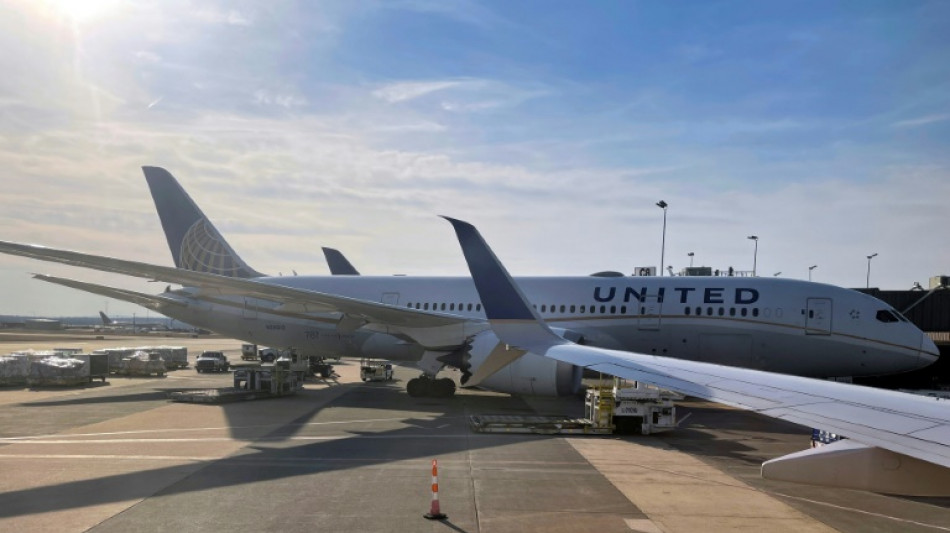

US regulator, not Boeing, to do final certification on new 787s
US air safety regulators said Tuesday they will perform final inspections on new Boeing 787 planes, retaining an authority normally granted to jet manufacturers.
The Federal Aviation Administration (FAA) said the policy was needed until the agency is "confident" Boeing has addressed issues that have led to the halting of deliveries of new 787 Dreamliner planes since May.
"The FAA today informed Boeing that the agency will retain the authority to issue airworthiness certificates for all Boeing 787 Dreamliner aircraft," the agency said.
"This will allow the agency to confirm the effectiveness of measures Boeing has undertaken to improve the 787 manufacturing process."
The policy will remain in place until Boeing meets the FAA's standards for quality and manufacturing processes, shows a "robust" plan for reworking 787 jets now in storage and demonstrates "stable" delivery processes, the FAA said.
The 787's current travails date to 2020, when the company uncovered manufacturing flaws with some jets. Boeing subsequently identified additional issues, including with the horizontal stabilizer.
Issuing airworthiness certificates has usually been handled by Boeing employees who inspect the planes under an agreement with the regulator.
But the FAA retained the authority with new 737 MAX planes when it reauthorized the aircraft to fly in November 2020 following a 20-month grounding due to two fatal crashes.
Now the agency has taken the same action with the 787.
Boeing has said that the timetable for resuming 787 deliveries depends on the FAA.
"We respect the FAA's role as our regulator and we will continue to work transparently through their detailed and rigorous processes," Boeing said Tuesday.
"Safety is the top priority for everyone in our industry. To that end, we will continue to engage with the FAA to ensure we meet their expectations and all applicable requirements."
With Boeing now having resumed deliveries of the 737 MAX after a long grounding, the limbo state of the 787 has emerged as the biggest drag on the company.
Last month, Boeing reported a $4.1 billion quarterly loss, due largely to expenses associated with compensating airlines for delayed deliveries of the 787 and more costly production processes.
Boeing shares rose 3.6 percent to $217.58 in early-afternoon trading.
S.Esposito--LDdC



